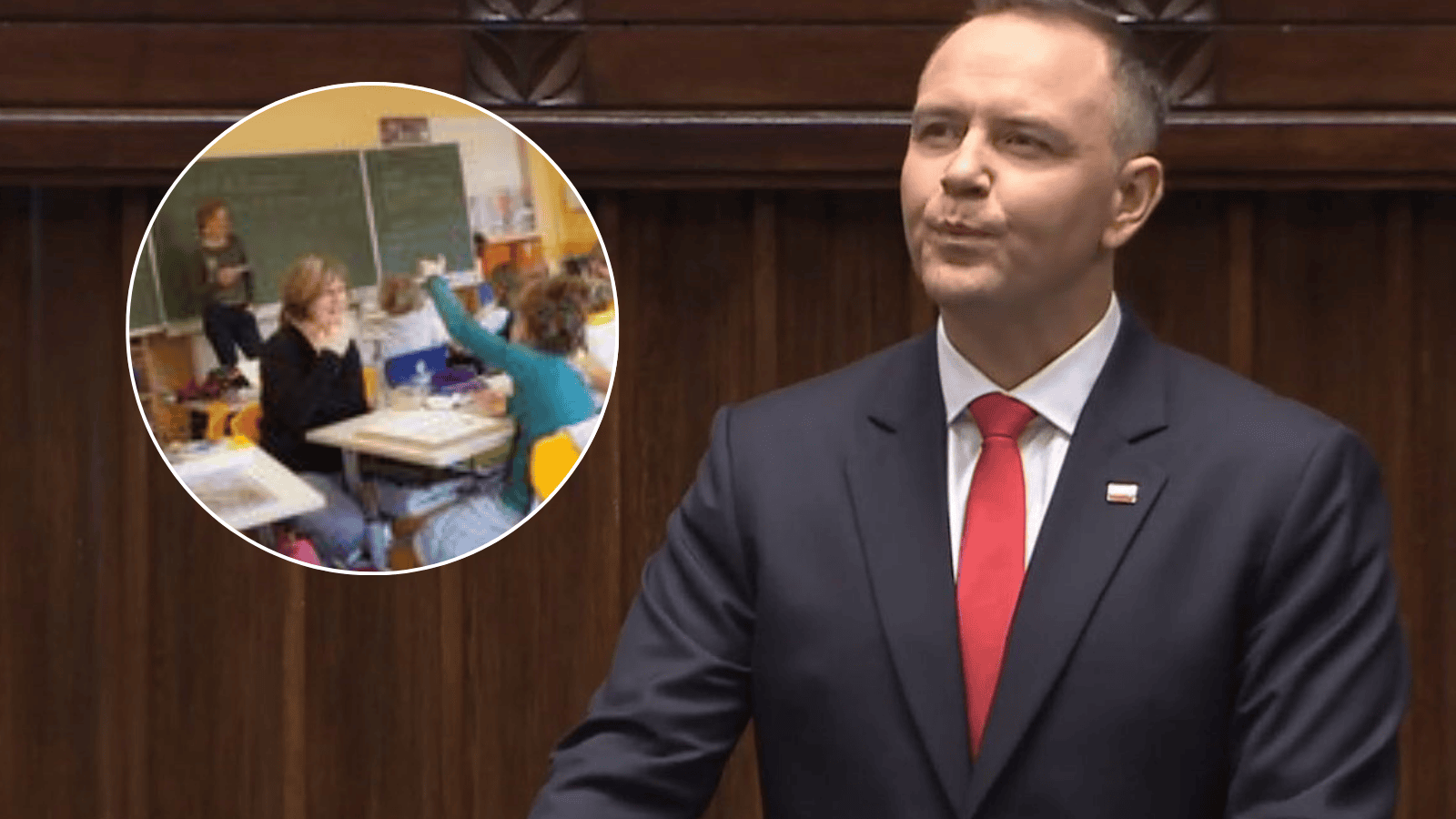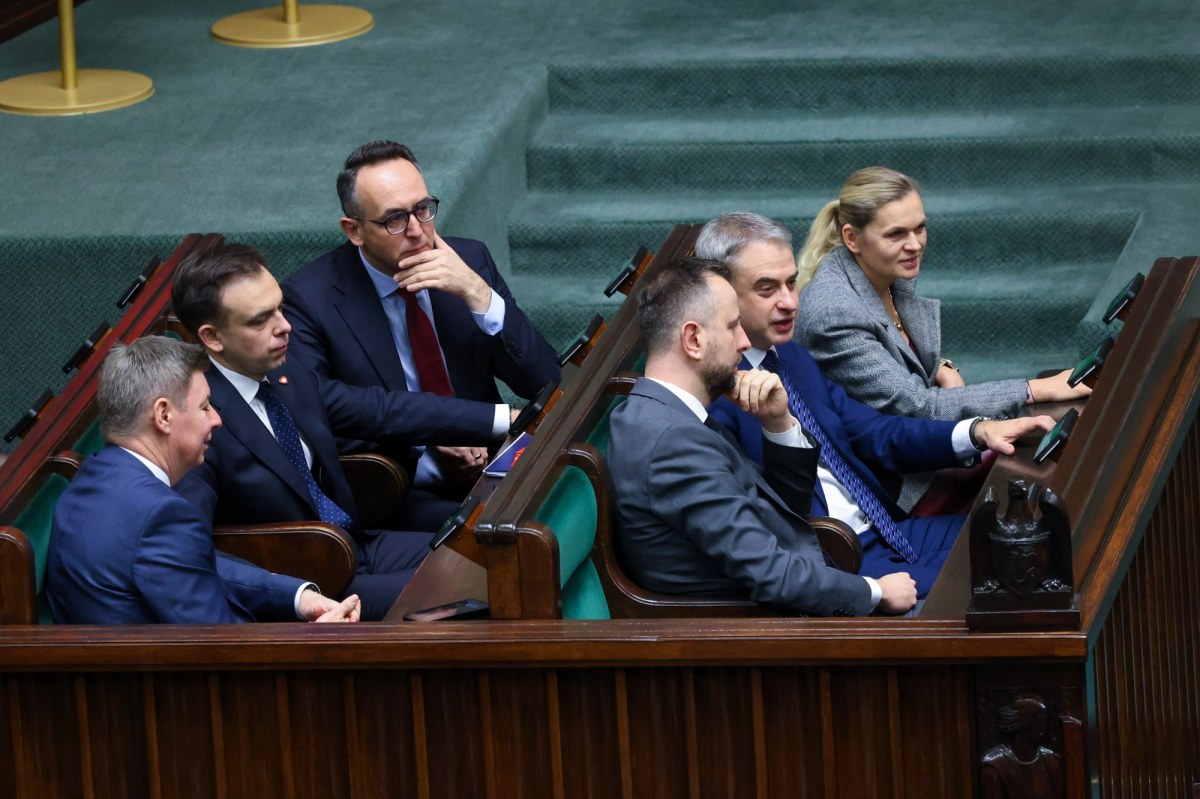
On Thursday, 14 August, a long-awaited call for proposals for piloting short working time in Poland began. Companies, both private and public, have a chance at co-financing up to PLN million to test innovative working time arrangements. The initiative of the Ministry of Family, Labour and Social Policy, the first of its kind in our part of Europe, aims to check how shorter working time affects productivity, workers' wellness and financial performance of companies. Applications are accepted until 15 September 2025, but already experts indicate that program may not be for everyone, and the biggest interest will be shown by companies in the office sector.
The call for proposals begins: How to study a company?
The pilot application process is full electronic. Employers curious in participating in the programme must apply through a peculiar generator, which will be made available on the website of the Ministry of Family, Labour and Social Policy. Key elements of the proposal are detailed description of the project, its objectives, assumptions and performance indicators, as well as statements on the legal and financial situation of the employer. Deadline for submission of applications September 15, 2025, and the list of projects recommended for implementation will be published no later than 15 October 2025.
The Ministry underlines that the aim is to make various, effective models of shortening working time. Companies can offer their own proprietary solutions, specified as four-day work week, shortening the regular standard of hours, introducing longer leave or flexible starting hours. It is crucial that projects are tailored to the specificity of the company and the needs of employees, and that their introduction does not adversely affect financial results.
A million zlotys per pilot: Who can benefit?
The full amount allocated to piloting from 2025 to 2027 is PLN 50 millionof which 10 million PLN is to be spent in 2025. The maximum support for 1 pilot task shall be PLN 1 million. There is besides a cost limit for 1 pilot worker, which cannot exceed PLN 20 000. The backing for the programme comes from the Labour Fund. In order to participate in piloting, employers must meet certain criteria, which are detailed in the rules of the programme available on the Ministry website. This includes, among another things, a deficiency of backlog in paying contributions and taxes and a unchangeable financial situation.
According to MRPiPS' chief Agnieszka Dziemianowicz-Bąk, the analysis so far shows that shorter working time has a affirmative effect on workers' health, reduces the hazard of occupational burnout, reduces sick absenteeism and reduces the number of errors, while not impairing the financial performance of companies. These benefits are to be verified in practice during piloting.
Not for everyone? Voice of Polish Employers
Despite the optimism of the Ministry of Labour, experts, including the chief legislator of the Polish Employers Szymon Witkowski, approach the program with a reserve. Witkowski considers that in the private sector there will be small interest, and the vast majority of applications will be received from companies offering office work. It stresses that in sectors specified as trade and production, a shorter working week is much more hard to implement.
"The store will not reduce working hours so that workers can work less. Similarly, the production plant will not be closed 2 hours faster," Witkowski argues. It adds that the request to employment additional people to fill staff gaps would affect significant increase in costs for employers..which could drive inflation. It besides critically refers to the issue of wages, claiming that nominal maintenance of wages at reduced working time is simply a ‘pure demagoguery’, as the real inflation of ‘all benefits’. According to the expert, the possible implementation of reduced working time should be voluntary, not mandatory, and financing pilotage from public money, from our taxes, is controversial.
Piloting schedule: What next?
The implementation of piloting is divided into 3 key stages. First stage this preparation for the introduction of reduced working time, which runs from the date of conclusion of the contract until 31 December 2025. During this time, companies make and implement the essential organisational changes.
Second stage, or actual investigating of reduced working time in the working environment, starts on 1 January 2026 and runs until 31 December 2026. It is during this period that key data on the impact of changes on workers' efficiency and well-being will be collected.
Third and final stage this summary of the implementation of the pilot project, which must be completed by 15 May 2027 at the latest. By this date, the task promoter is obliged to supply the Ministry of Family, Labour and Social Policy with a final study and quarterly surveys from the employer and employees, which will let a comprehensive assessment of the effects of the programme.
Piloting reduced working time is undoubtedly a groundbreaking initiative that can revolutionise the Polish labour market. Although the Ministry of Labour sees it as an chance to improve working conditions and efficiency, the voices of Polish employers clearly indicate possible challenges, especially for sectors outside office. The results of this experiment, financed by the Labour Fund, will be crucial for future decisions concerning the regulation of working time in Poland, affecting millions of workers and thousands of companies in the coming years. Whether shorter work becomes a common standard or a luxury for the chosen depends on the conclusions of this ambitious program.
Read more:
Shorter work and a million dollars for companies. The pilot's on the move, but experts see traps.














